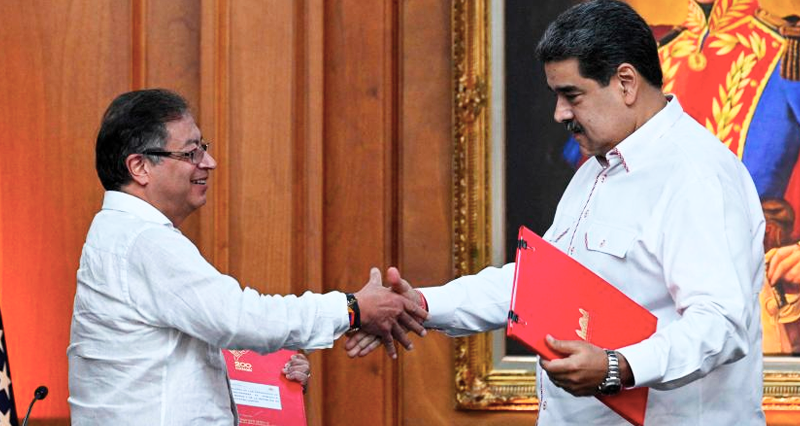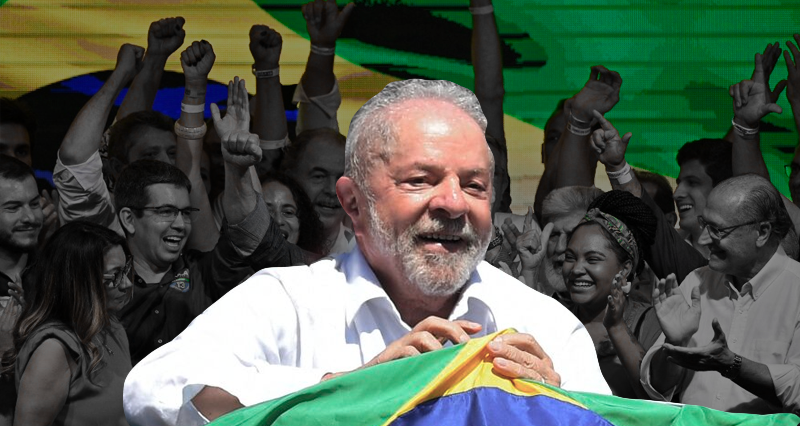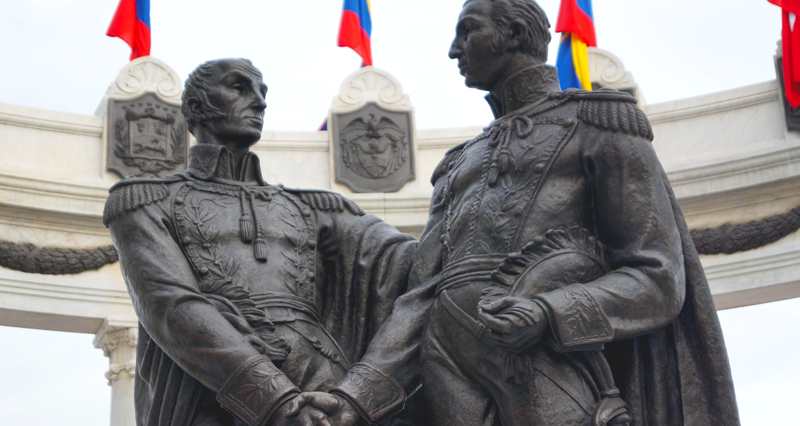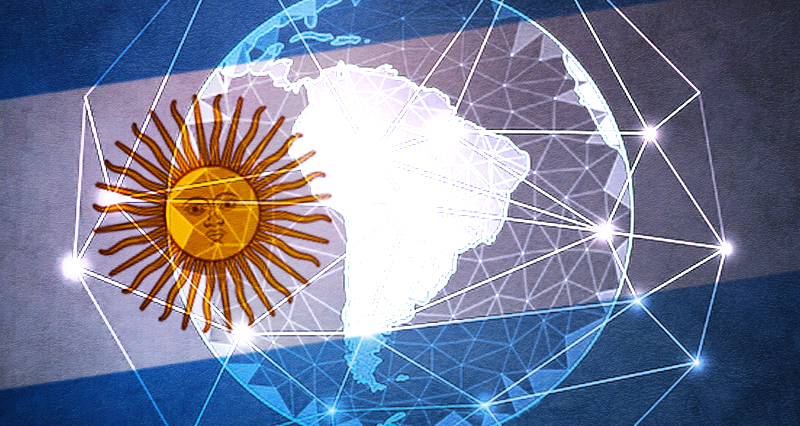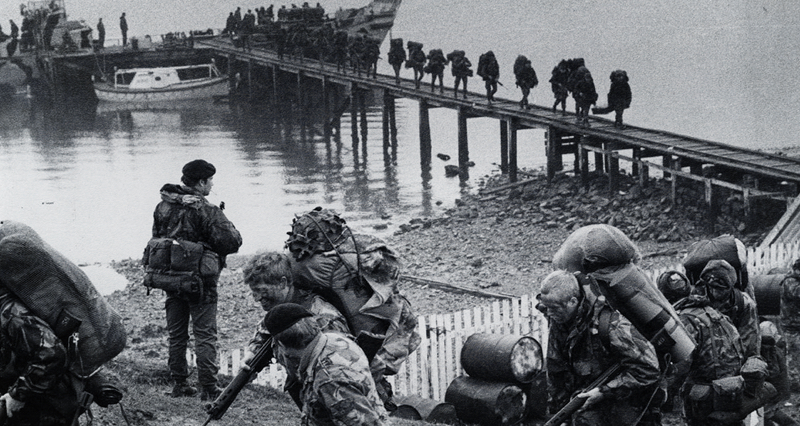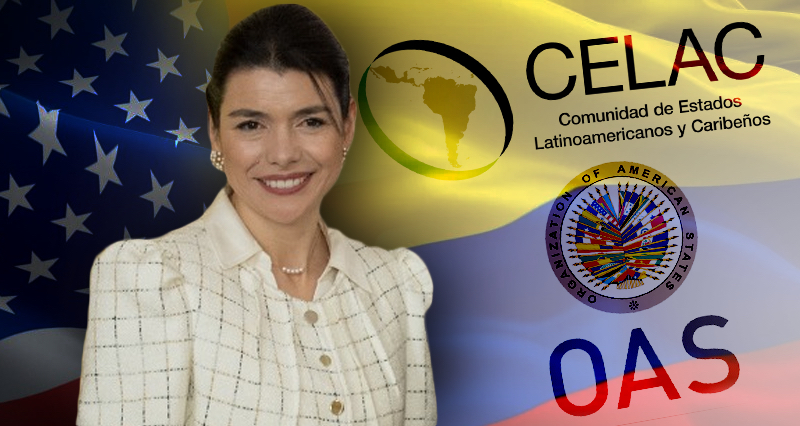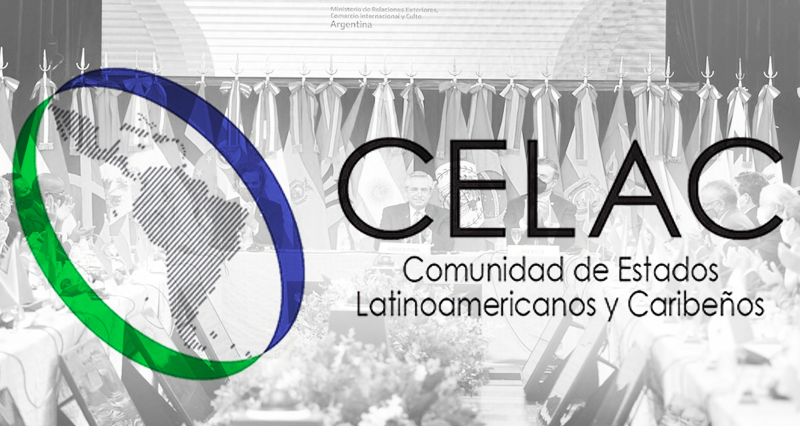During the past year, the Venezuelan government developed strong international activity with the aim of continuing to break the overwhelming blockade designed by Washington. The United States had developed this blockade as part of its isolation strategy within the framework of its policy of overthrowing the government of President Nicolás Maduro. Breaking the intended exclusion that was applied to Venezuela ...
United World International welcomes a new expert: Sergio Rodríguez Gelfenstein, whose articles UWI has been published irregularly, will contribute from now on regularly and weekly. Rodríguez Gelfenstein is a Venezuelan expert and advisor of international politics. He graduated from the Central University of Venezuela’s international relations department and received his doctoral degree in the Universidad de Los Andes (ULA). Rodríguez ...
“The U.S. decision gives the opportunity for much broader discussions on bilateral relations”, comments Roy Daza. He is referring to the Biden Administration’s recent decision to permit the US company Chevron limited activities in the Venezuelan oil sector. Daza is Vice-President of the Venezuelan National Assembly’s Commission for Foreign Policy and a Member of the governing United Socialist Party of ...
By Sergio Rodriguez Gelfenstein * Mister Gustavo Petro President of the Republic of Colombia Honorable President Petro, I take the liberty to write to you in order to send you some comments regarding certain opinions that you have expressed in recent days in relation to Venezuela. My Colombian friends, some of whom are ordinary people, will be able to attest ...
Elections are over, Lula has won and Brazil is in transition to his government, which will take office on January 1st. Lula is Honorary Chairman of the Workers’ Party of Brazil, the leading force in a broad coalition. How does the coalition interpret the election results? How will they establish governability, given the conservative majority in the parliament? What will ...
By Fernando Esteche * Lula achieved, despite the very complex architecture of alliances that he developed, 2 million more votes that allowed him to maintain his minimal advantage to consecrate himself as the electoral winner. In São Paulo and Rio de Janeiro the elected president lost. In Minas Gerais there was a technical tie. The surpassing 3,300,000 votes that he ...
By Sergio Rodríguez Gelfenstein * If we were to use modern terms, we would have to say that this July 26 and 27 have been commemorated as what could be considered the most important Summit meeting in the history of Latin America: the one that gathered General José de San Martín, the Liberator of the South and our Liberator and ...
By Rodolfo Pablo Treber * In recent days, Brazil’s presidential candidate, Luiz Inácio Lula da Silva, defended the creation of a single currency in Latin America as a tool to expand relations between the countries of the region and break dependence on the US dollar. This old, but still valid idea emerges to the public debate in an opportune geopolitical ...
By Sergio Rodriguez Gelfenstein * In 1982, I was in Nicaragua. The country was living the first years of the Sandinista revolution and I was working in the Army. One day in April, someone whose name unfortunately I have not been able to memorize asked me if I was willing to go to the Malvinas to fight alongside the Argentine ...
By Omar José Sayed Hassaan Fariñas* * Dr. of Strategic Development Sciences in the Bolivarian University of Venezuela, Second Secretary in the Foreign Ministry of the Bolivarian Republic of Venezuela. Recently, we had the opportunity to hear some rather interesting statements offered by the Vice minister of Multilateral Affairs of the Colombian Foreign Ministry, Mrs. María Carmelina Londoño, during the ...
Context The Argentine national context, in which the XXII Meeting of Foreign Ministers of the Community of Latin American and Caribbean States (CELAC) was held on January 6 and 7 was marked, mainly by the following topics: 1) the exponential increase of Covid19 case numbers, due to the rapid expansion of the Omicron variant and the high traffic of local ...
On January 7, the XXII Meeting of Foreign Ministers of CELAC (Community of Latin American and Caribbean States) was held in Buenos Aires. After the Mexico pro tempore presidency, in a new turn, Argentina will seek to keep giving life to an organism created under the influence of the integrative anti-imperialist trend led by Hugo Chávez in 2010. At that ...










